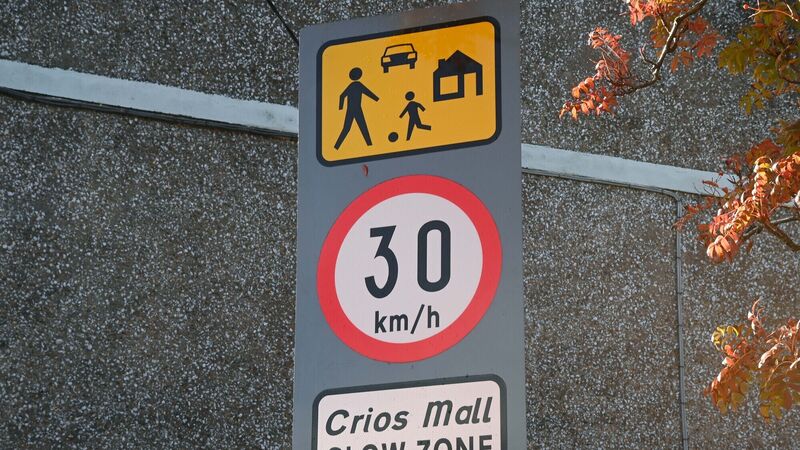Government accused of making a U-turn on plans to reduce urban speed limits

The department of transport has confirmed the onus will be on local councils to cut speed limits, rather than changes coming directly from Government. Picture: Denis Minihane
The Government has been accused of a U-turn on plans to introduce across-the-board 30km/hr speed limits in urban areas.
The department of transport has confirmed the onus will be on local councils to cut speed limits, rather than changes coming directly from Government.













